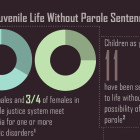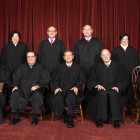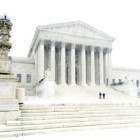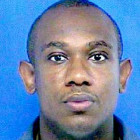
Supreme Court Prepares to Hear Health Care Reform Case, Young People Take to the Web
|
For three days next week, the U.S. Supreme Court will hear oral arguments in a case that will determine the fate of the health care reform law signed by President Obama two years ago. The Patient Protection and Affordable Care Act introduced a number of changes to how the health insurance industry operates and would cover more than 30 million uninsured Americans. Immediate changes include allowing adult children to remain on their parents’ insurance until they turn 27 as well as the elimination of yearly and lifetime coverage caps. More changes will be rolled out slowly until 2014, when the full law takes effect. But opponents argue one provision in particular is unconstitutional — the so-called individual mandate that takes effect in 2014 and requires most Americans to purchase health insurance or else face heavy fines.








